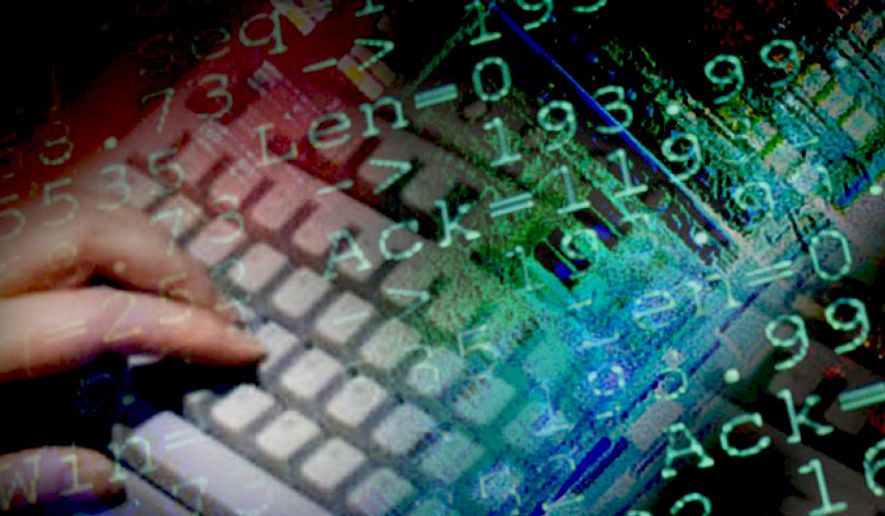Foreign hackers risk being barred from entering most of Europe under a new framework established Friday.
The European Union adopted a sanctions regime that carries heightened consequences for hackers waging or attempting to wage cyberattacks considered to constitute an external threat to the EU or the bloc’s 28 member states.
Approved in Brussels days prior to the start of European Parliament elections, the new measures mean that members can impose travel bans and freeze the assets of individuals who wage cyberattacks regardless of whether they’re successful.
“This is decisive action to deter future cyberattacks. For too long now, hostile actors have been threatening the EU’s security through disrupting critical infrastructure, attempts to undermine democracy and stealing commercial secrets and money running to billions of Euros,” said Jeremy Hunt, the U.K. foreign secretary.
“The U.K. and its allies have been unafraid to call out those who have conducted cyberattacks with the intent to damage and destroy our institutions and societies. But we have been clear that more must be done to deter future attacks by hostile state and non-state actors,” Mr. Hunt said in a statement.
The EU did not immediately disclose the names of any individuals to be sanctioned under the new regime. Mr. Hunt issued a broad warning to Russia, however, where state-sponsored hackers have previously been accused of waging attacks against targets in Europe and abroad.
“Trying to interfere in other countries’ democratic processes is becoming normalised - Russia please note and take heed,” he tweeted.
European Parliament elections are slated to be held between May 23 and May 26.
Russian government hackers have been accused in the past of interfering in foreign elections, including notably the 2016 U.S. presidential race when sensitive documents were stolen from Democratic Party computers and later leaked online.
Concerns about a repeat attack have swelled since in the U.S. and abroad, and German media reported last month that EU security services were monitoring attempts by Russia to interfere in the upcoming parliamentary elections.
The new framework applies to hackers responsible for cyberattacks that have significant impact and are considered to pose a threat to the EU or its member states – and other nations or international organizations where sanctions are considered necessary — in addition to anyone who provides those attackers with financial, technical or material support, the Council of EU said in an announcement.
Russia has denied attacking western targets.
• Andrew Blake can be reached at ablake@washingtontimes.com.




Please read our comment policy before commenting.